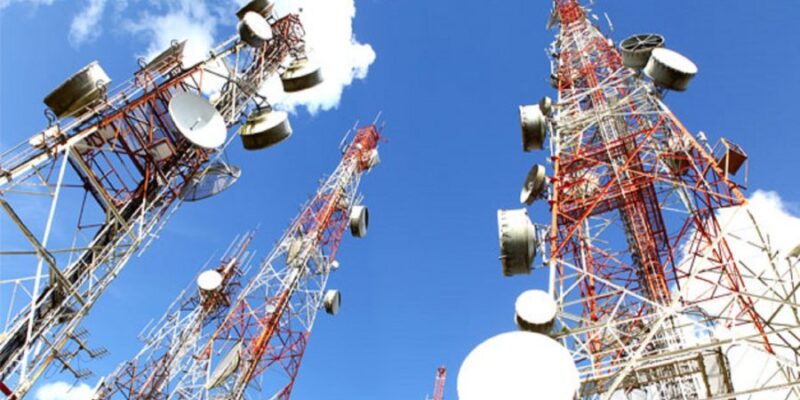
As of September 2024, Nigeria’s telecommunications and ICT firms are grappling with a staggering N1.69 trillion debt owed to Deposit Money Banks. This represents a year-on-year decrease of N68.04 billion, or 3.9%, compared to the previous year. However, there was a slight month-on-month increase of N31.61 billion, or 1.9%, from August, according to the Central Bank of Nigeria’s latest quarterly report.
The decline in debt is linked to the tightening monetary policy of the Central Bank, which has raised interest rates multiple times this year, making borrowing costlier for firms in capital-intensive sectors like telecommunications. From January to September 2024, interest rate hikes — totaling 875 basis points — have further strained the ICT sector, contributing to reduced borrowing activity.
While the decline in credit has been notable, the ICT sector remains a cornerstone of Nigeria’s economy. In Q3 2024, it contributed 16.35% to the nation’s real GDP, although this marked a decrease from 19.78% in the previous quarter. The telecommunications sub-sector, dominated by major players such as MTN, Globacom, Airtel, and 9mobile, is the third-largest contributor to GDP, following crop production and trade industries.
Despite these figures, the sector is facing a significant drop in foreign investments. The Nigerian telecom industry recorded an 87% decline in foreign capital inflows, from $113.42 million in Q2 2024 to a mere $14.4 million in Q3, highlighting a sharp reversal after a year of increased foreign interest. Nonetheless, the sector has attracted more foreign capital this year than in previous years, with the first quarter alone bringing in $191.5 million.
The situation has led to a renewed push for tariff hikes by telecom operators, who have advocated for cost-reflective pricing to offset mounting operational challenges, including rising inflation and foreign exchange losses. After years of lobbying, the government has signaled its support for the tariff increases, with Minister of Communications Bosun Tijani asserting that such hikes will be crucial for the sector’s sustainability.
In the face of these challenges, the future of the Nigerian telecom sector hinges on a delicate balance of regulatory support, increased infrastructure investments by operators, and overcoming the ongoing macroeconomic hurdles.

Comments